news
Breaking : At last, FG and Labour agree on ₦70,000 as minimum wage
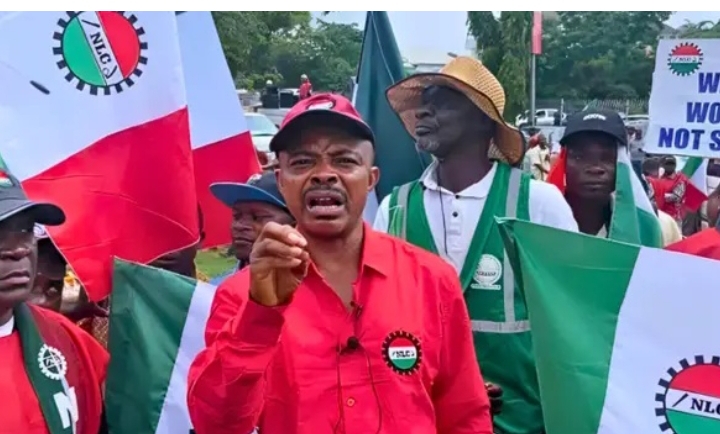
 In a landmark development, the Federal Government and Organised Labour have agreed on a new national minimum wage of N70,000, a significant increase from the current N30,000.
In a landmark development, the Federal Government and Organised Labour have agreed on a new national minimum wage of N70,000, a significant increase from the current N30,000.
The newly agreed minimum wage was reached on Thursday when President Bola Ahmed Tinubu met with the leadership of the organized Labour, led by presidents of the Nigerian Labour Congress (NLC) and the Trade Union Congress (TUC) at the State House, Abuja, the second meeting within a week.
Before reaching the agreement, the two sides, being government and the organised private sector on one side, and the organised Labour on the other, had held a long-drawn series of negotiations, starting with the Constitution of the Bukar Goni-Aji-led Tripartite Committee on New National Minimum Wage.
While the negotiations were ongoing, the employers’ side (federal/sub-national governments/OPS) had offered varying amounts, starting with ₦48,000 to ₦54,000 to ₦57,000 to ₦60,000 to ₦62,000 and finally to the agreed ₦70,000.
On the side of Labour, the leadership of the workers started negotiation with a demand for ₦615,000 then lowered it further to ₦500,000 to ₦497,000 to ₦250,000 and finally agreed to ₦70,000.
However, disclosing details of the meeting and the final agreement to journalists at the State House, Abuja, the Minister of Information and National Orientation, Mohammed Idris, described the conclusion of the meeting as “a happy day for Nigeria”.
Read Also: NLC urges FG to pay SSANU, NASU withheld four-month salaries
According to Idris, besides the agreement to the ₦70,000 minimum wage, the government has also agreed to addressing the disagreement over the withheld salaries of university workers’ unions; the Senior Staff Association of Nigerian Universities (SSANU) and the Non-Academic Staff Union of Universities (NASU).
The government has also pledged massive investments in infrastructure and renewable energy, including the acquisition of more CNG buses to enhance Nigeria’s transition to cleaner energy, as well as expressing commitment to ensuring local government autonomy.
“Today’s a happy day for Nigeria. You’ll recall that last week we had a meeting here and the organized private sector. The sub-nationals have also held their various meetings with Mr. President following the submission of the tripartite agreement to Mr. President. Labour came last week, they had meetings with Mr. President, they asked for adjournment for a week to go and consult further. They did those consultations, they have come back today and we have met with Mr. President.
“We’re happy to announce today that both the federal government and organized Labour have agreed on an increase on the N62,000 minimum wage. The new national minimum wage that we expect Mr President to submit to the National Assembly for legislation is N70,000. But that is not all. There is also a boost, like Mr. President has assured, in ensuring that massive investment is going to be made in the area of infrastructure.
“There is also a deepening of the investment of the federal government in renewable energy. More money is going to go into the acquisition of more CNG buses, Nigeria is going to be more CNG compliant, according to the President. We’re moving in this transition to renewable and all other things that Mr. President has assured Labour; the issue of SSANU and NASU is also going to be looked at.
“We are happy, we are very thankful of the role that the Organised Labour has done today. They recognised the federal government’s role in ensuring that we have the local government autonomy, in also ensuring that both the Organised Labour and the government are on the same page today. They have seen the magnanimity of the President and today the leadership of Labour said they didn’t come here for negotiation, not at all. They came here in their deep sense of patriotism to ensure that Nigeria remains united, Nigeria becomes more prosperous.
“It is in that spirit that they are in agreement with what the federal government has done today. We want to thank Labour for their patriotism. We also want to thank Mr President, the federal government, the sub-nationals and organized private sector for going through this painstaking effort, by also ensuring that at the end of the day Nigeria is the winner for it all”, Idris said.
Corroborating the Information Minister’s brief, the Minister of State for Labour and Employment, Nkeiruka Onyejeocha, announced that organized Labour has agreed to the new minimum wage of N70,000 after the meeting with President Tinubu.
The agreement comes after labour leaders requested a one-week extension to consult with their members, following their initial meeting with the President last week.
According to Onyejeocha, the President adopted a fatherly approach, emphasizing the need for a review of the minimum wage policy every three years, rather than the current five-year cycle.
She further hinted that the President also directed the Minister of Finance and Coordinating Minister of the Economy, Wale Edun, and the Minister of Budget and Economic Planning, Abubakar Bagudu, to review the issue of SSANU and NASU payments, with a waiver to pay the outstanding amounts.
She also said the President reassured Nigerians of his commitment to the country’s economic recovery and the welfare of citizens.
President of the NLC, Joe Ajaero, said the Organised Labour agreed to the new national minimum wage of N70,000 because of the President’s willingness to review wages every three years, rather than the usual five-year cycle.
While acknowledging the economic situation, Ajaero expressed mixed feelings about the agreement but noted that the NLC will take the proposal back to their constituency for further discussion and buy-in.
The agreement marks a significant step forward in the ongoing negotiations between the government and labour leaders, with a promise of future reviews and incentives like the CNG scheme to alleviate the burden on Nigerian workers.
“Well, we’re here last week and we’re here now, what they have announced in terms of the amount of N70,000 happened to be where we are now for now, but the good thing about it is that we will not wait for another five years to come and review, rather than settling on a figure that we’ll wait for five years, it’s like we’ll have to now negotiate even two times within five years, with a view to going up. That is one of the reasons why we decided to reach where we are today, because of the proviso that we can review in the next three years.
“We came with other issues in the basket, like the issue of SSANU, NASU and others, especially with the affront by the Commissioner of Police of FCT, we brought it to Mr. President, and talked on the need for that matter to be addressed and magnanimously, he asked the agencies concerned to work out the modalities for the payment of those workers in the universities.
“So far, that’s where we are. Although he promised some incentives like the CNG, which will lessen the burden that the Nigerian workers are passing through, but you can see that we are taking in this with mixed feelings because of the situation of the economy, we will have to move ahead despite the situation and the negotiation can linger. Coming from 62 to 70 and then with the promise that we’ll come back soon to negotiate it.
“We’re taking it back to our constituency to see how we can get a buy-in. So that’s what has transpired this afternoon”, he said.
The TUC President, Festus Osifo, who also spoke to journalists, expressed satisfaction with President Tinubu’s intervention, especially with the proviso for review every three years.
He also commended the President’s promise to address the issues of SSANU and NASU, and emphasized the need for swift passage of the minimum wage bill by the National Assembly and urged that the student loan scheme be targeted at those who need it most, not just the children of the rich.
news
Update : FG confirms continuation of crude, refined product sales in Naira initiative, Says Wale Edu
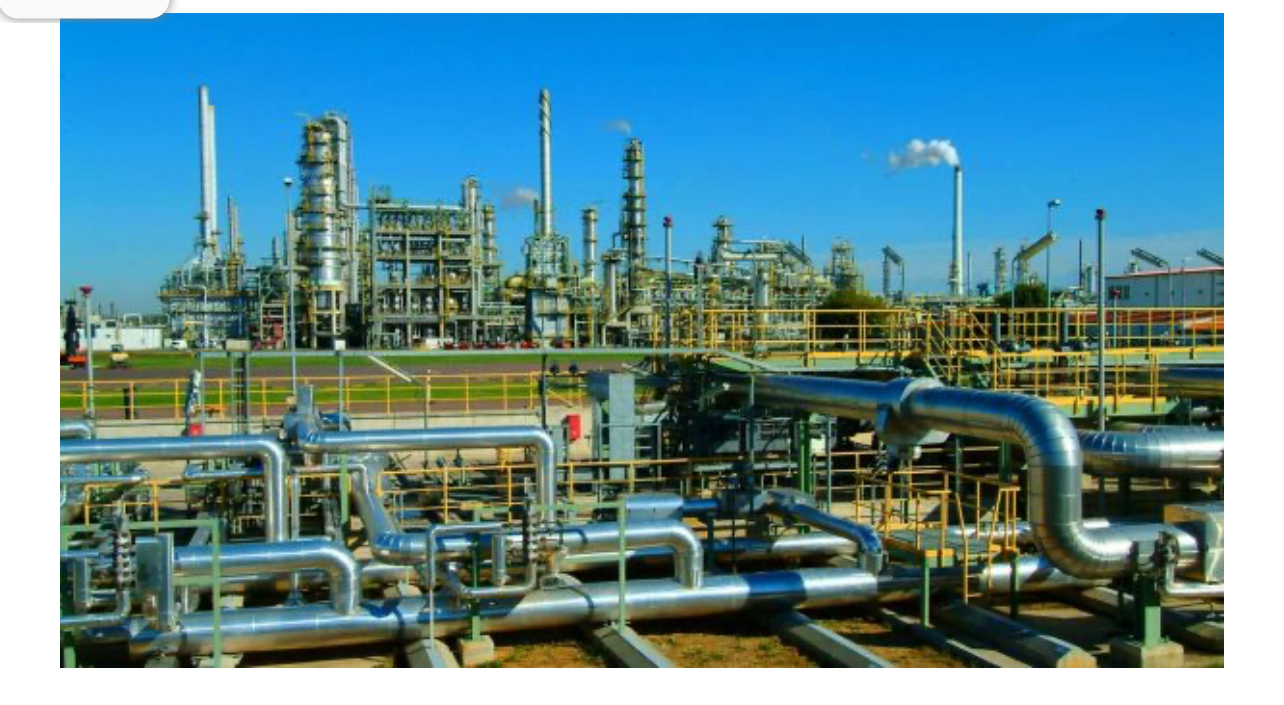
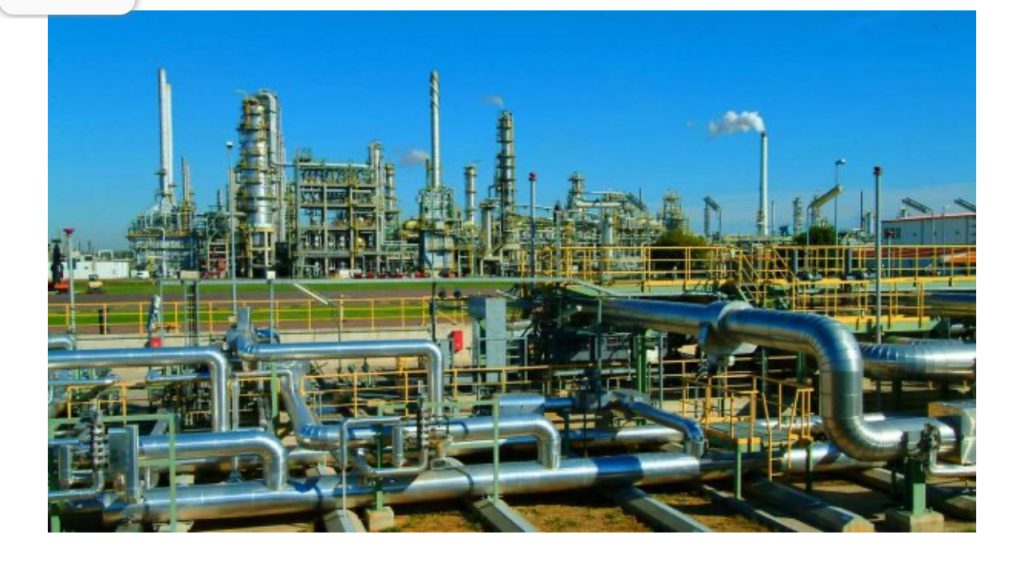 The Federal Government has confirmed the crude and refined product sales in Naira initiative remains a standing national policy and will continue indefinitely.
The Federal Government has confirmed the crude and refined product sales in Naira initiative remains a standing national policy and will continue indefinitely.
However, the policy will stay in place as long as it serves the public interest and supports Nigeria’s broader economic goals.
This assurance was contained in the official X (formerly Twitter) handle of the Federal Ministry of Finance on Wednesday morning amid growing inquiries on the status of the policy.
The Ministry stated the initiative, first approved by the Federal Executive Council (FEC), is a long-term strategic directive and not a short-term or provisional measure.
According to the Ministry, stakeholders have reconvened to reiterate their full support and ongoing commitment to ensuring the successful implementation of the initiative.
The policy, which mandates the transaction of crude oil and refined petroleum products in Naira, is aimed at strengthening the country’s economic sovereignty, enhancing local refining capacity, and stabilizing the foreign exchange market by reducing the demand for dollars in domestic petroleum transactions.
The Ministry explained that this policy is structured to foster energy security and encourage investment in domestic refining infrastructure.
“The Crude and Refined Product Sales in Naira initiative is not a temporary or time-bound intervention, but a key policy directive designed to support sustainable local refining, bolster energy security, and reduce reliance on foreign exchange in the domestic petroleum market,” the statement reads.
While acknowledging that the transition involves complexities, the government admitted that existing challenges are being systematically addressed.
“As with any major policy shift, the Committee acknowledges that implementation challenges may arise from time to time. However, such issues are being actively addressed through coordinated efforts among all parties,” the Ministry said.
To assess the progress made and address lingering implementation issues, the Technical Sub-Committee on the Crude and Refined Product Sales in Naira initiative held a review meeting on Tuesday. The gathering brought together key figures involved in the execution of the policy.
Among the attendees were the Minister of Finance and Coordinating Minister of the Economy, Mr. Wale Edun, who chairs the Implementation Committee; and the Executive Chairman of the Federal Inland Revenue Service (FIRS), Mr. Zacch Adedeji, who heads the Technical Sub-Committee.
Also present were the Chief Financial Officer of NNPC Limited, Mr. Dapo Segun; the Coordinator of NNPC Refineries; Management of NNPC Trading; representatives from the Dangote Petroleum Refinery and Petrochemicals; and senior officials from the Nigerian Upstream Petroleum Regulatory Commission (NUPRC), the Nigerian Midstream and Downstream Petroleum Regulatory Authority (NMDPRA), the Central Bank of Nigeria (CBN), and the Nigerian Ports Authority (NPA). A representative from Afreximbank and the Secretary of the Committee, Hauwa Ibrahim, also attended.
This policy, which aligns with the government’s broader economic reform agenda, is expected to support local content development, ease pressure on Nigeria’s foreign reserves, and provide a more predictable pricing structure for refined petroleum products in the domestic market.
The presence of major players from both the public and private sectors at the meeting shows the scale of collaboration required to sustain the policy. It also reflects the growing confidence in Nigeria’s shift toward economic policies that prioritize local capacity and currency resilience.
news
Breaking : TInubu appoints Bashir Ojulari as new CEO group of NNPC and GMD mele kyari get sacked, Says Onanuga
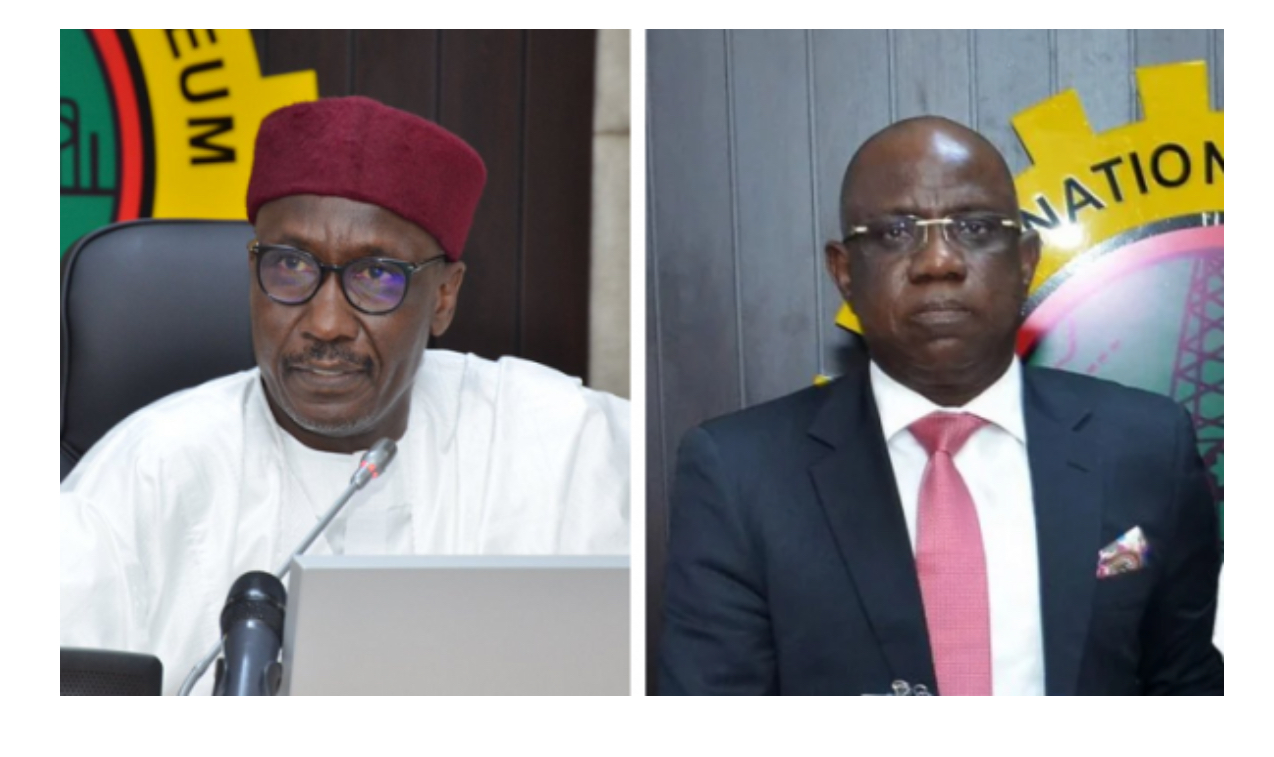
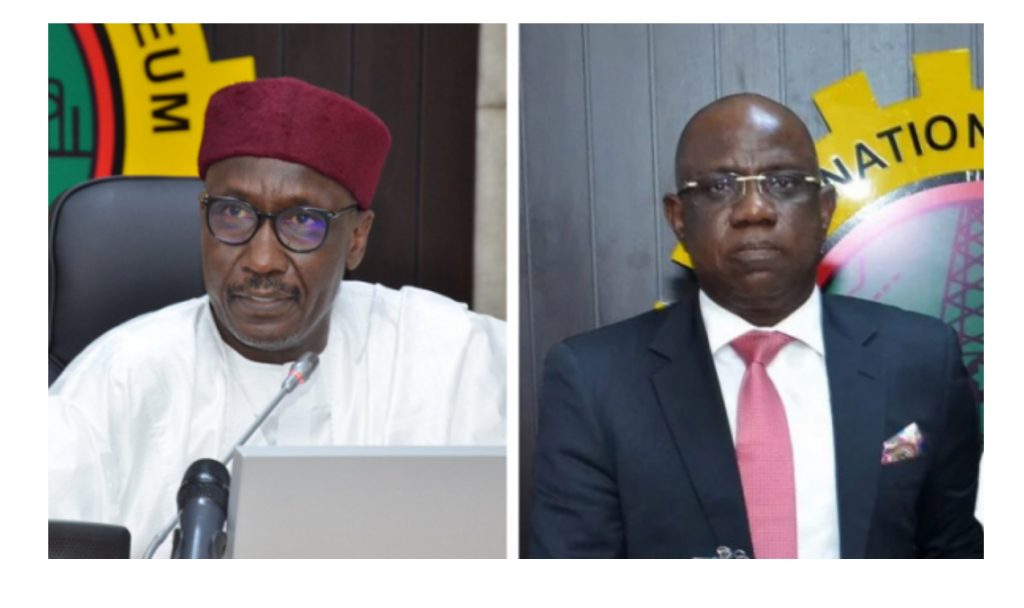 President Bola Tinubu has sacked the board of the Nigerian National Petroleum Company (NNPC) including its Group Chief Executive Officer, Mele Kyari and board chairman Pius Akinyelure.
President Bola Tinubu has sacked the board of the Nigerian National Petroleum Company (NNPC) including its Group Chief Executive Officer, Mele Kyari and board chairman Pius Akinyelure.
The decision, effective April 2, 2025, was announced in a statement by presidential spokesperson Bayo Onanuga.
President Tinubu cited the need for enhanced operational efficiency, restored investor confidence, and a more commercially viable NNPC as the driving forces behind the decision.
Invoking his powers under Section 59(2) of the Petroleum Industry Act (PIA) 2021, he reconstituted the board with new leadership aimed at repositioning NNPC Limited for greater productivity and alignment with global best practices.
Kyari was first appointed NNPC chief by former President Muhammadu Buhari but was reappointed in 2023 by President Tinubu.
As part of the overhaul, Bayo Ojulari takes over from Kyari as the new group CEO, while Ahmadu Musa Kida has been appointed as NNPC’s new non-executive chairman, replacing Pius Akinyelure. Also, Adedapo Segun has been confirmed as the company’s chief financial officer (CFO).
In line with the PIA, the president also appointed six non-executive directors from each geopolitical zone.
They include Bello Rabiu representing the north-west, Yusuf Usman from the north-east, and Babs Omotowa, a former managing director of the Nigerian Liquefied Natural Gas (NLNG), for the north-central.
Others are Austin Avuru for the south-south, David Ige for the south-west, and Henry Obih for the south-east.
Meanwhile, Lydia Shehu Jafiya, the permanent secretary of the federal ministry of finance, and Aminu Said Ahmed of the ministry of petroleum resources will represent their respective ministries on the new board.
“This restructuring is aimed at repositioning NNPC Limited for greater productivity and efficiency in line with global best practices. We are taking bold steps to transform the company into a more commercially driven and transparent entity,” the statement reads.
The changes take effect immediately, and the new board has been handed a strategic action plan, which includes a “review of NNPC-operated and Joint Venture Assets to ensure alignment with value maximisation objectives”.
news
Tinubu commended Nandap for her leadership, extends Comptroller-General tenure till 2026, says Onanuga
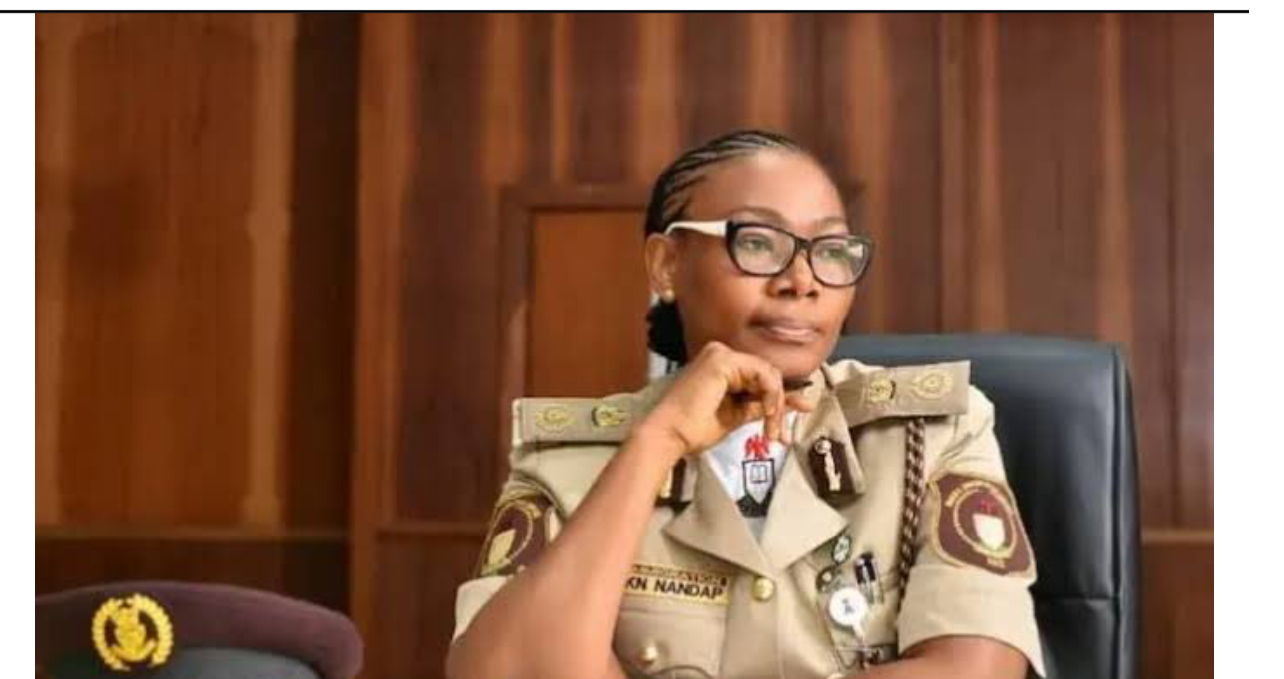
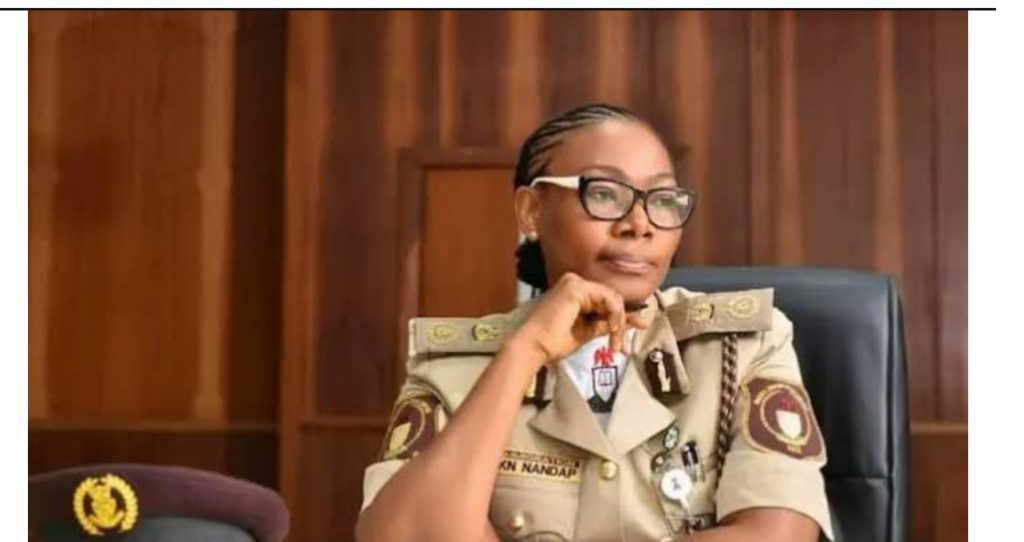 President Bola Tinubu has approved the extension of the tenure of the Comptroller-General of the Nigeria Immigration Service, Kemi Nandap, until December 31, 2026.
President Bola Tinubu has approved the extension of the tenure of the Comptroller-General of the Nigeria Immigration Service, Kemi Nandap, until December 31, 2026.
Nandap, who joined the NIS on October 9, 1989, was appointed as Comptroller-General on March 1, 2024, with an initial tenure set to end on August 31, 2025.
A statement by the president’s Special Adviser on Information and Strategy, Bayo Onanuga, on Monday, said for her leadership, noting improvements in border management, immigration modernisation, and national security under her watch.
“Under her leadership, the Nigeria Immigration Service has witnessed significant advancements in its core mandate, with notable improvements in border management, modernisation of immigration processes and national security measures.
“President Tinubu commended the Comptroller-General for her exemplary leadership and urged her to continue dedicating herself to the Service’s strategic priorities, which align with his administration’s Renewed Hope Agenda,” the statement read.
He also reaffirmed his commitment to supporting the NIS in safeguarding Nigeria’s borders and ensuring safe and legal migration.
-

 news4 years ago
news4 years agoUPDATE: #ENDSARS: CCTV footage of Lekki shootings intact – Says Sanwo – Olu
-
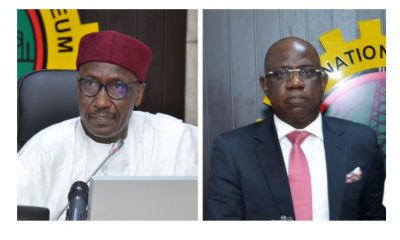
 news1 week ago
news1 week agoBreaking : TInubu appoints Bashir Ojulari as new CEO group of NNPC and GMD mele kyari get sacked, Says Onanuga
-

 news1 year ago
news1 year agoEnvironmental Pollutions : OGONI COMMUNITY CRIES OUT, THREATENS TO SHUT DOWN FIRSTBANK,SHELL OIL COMPANY OPERATIONS FOR NOT PAYING COURT AWARD
-
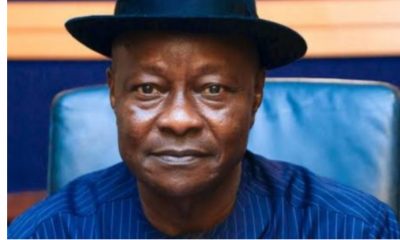
 news2 weeks ago
news2 weeks agoUpdate : Fubara ordered bombing of Rivers Assembly, I am not under duress I resigned, Says ex-Rivers HoS Nwaeke
-
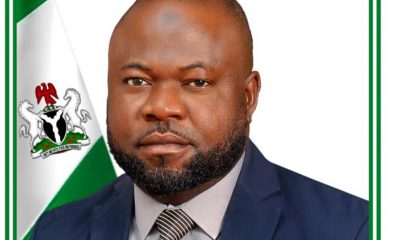
 interview1 week ago
interview1 week agoNIGERIA MECHANIZED AGRO EXTENSION SERVICE PROJECT, A STRATEGIC MOVE TO ALLEVIATE POVERTY – DR. AMINU ABDULKADIR
-

 news1 week ago
news1 week agoTinubu commended Nandap for her leadership, extends Comptroller-General tenure till 2026, says Onanuga
-

 brand2 weeks ago
brand2 weeks agoGTCO Plc Releases 2024 Full Year Audited Results …Pays Shareholders Record Dividend of N8.03k for 2024 Financial Year
-
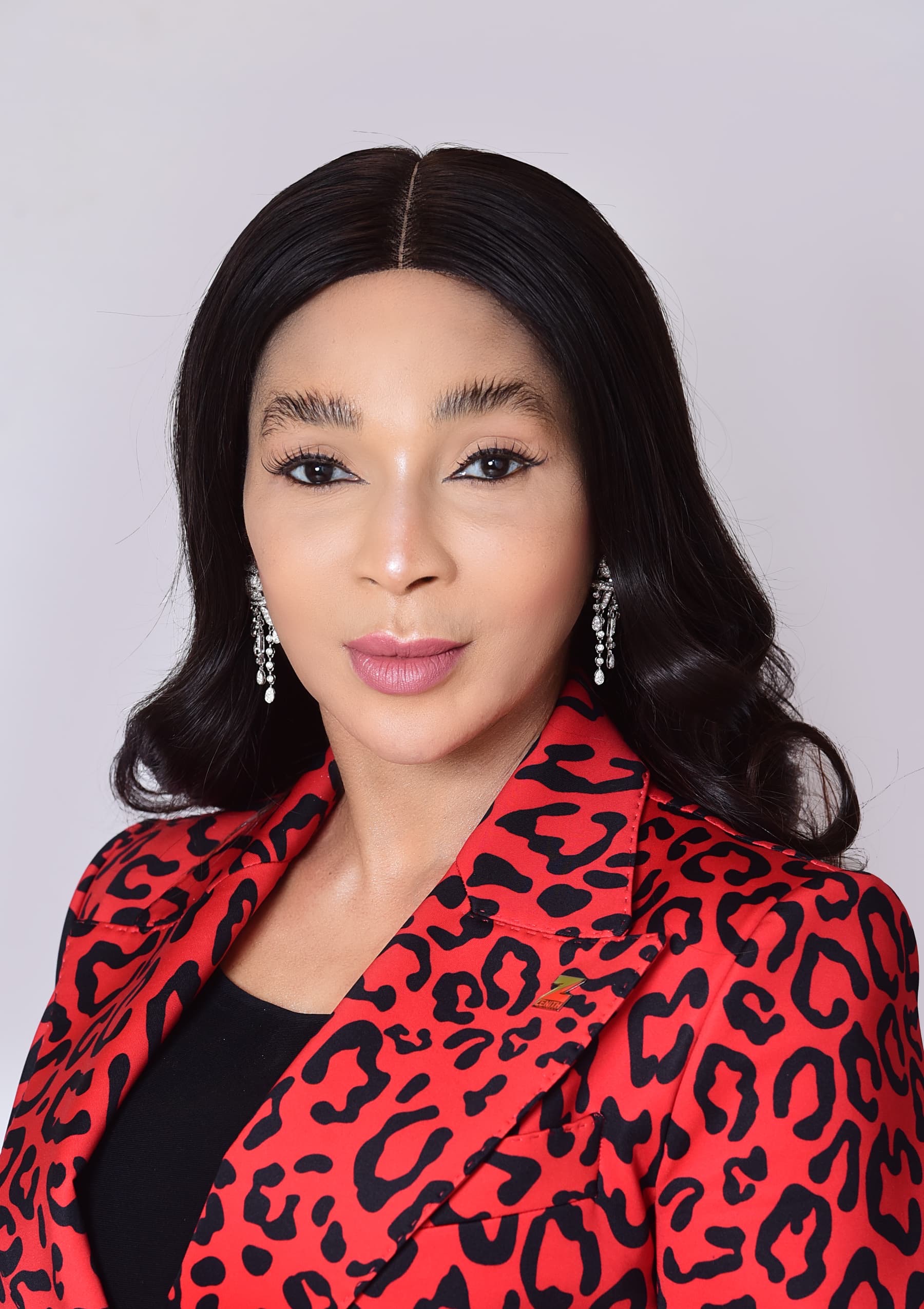
 brand2 weeks ago
brand2 weeks agoZENITHz BANK MAINTAINS SUPERLATIVE PERFORMANCE WITH PBT OF N1.3 TRILLION IN FULL YEAR 2024


